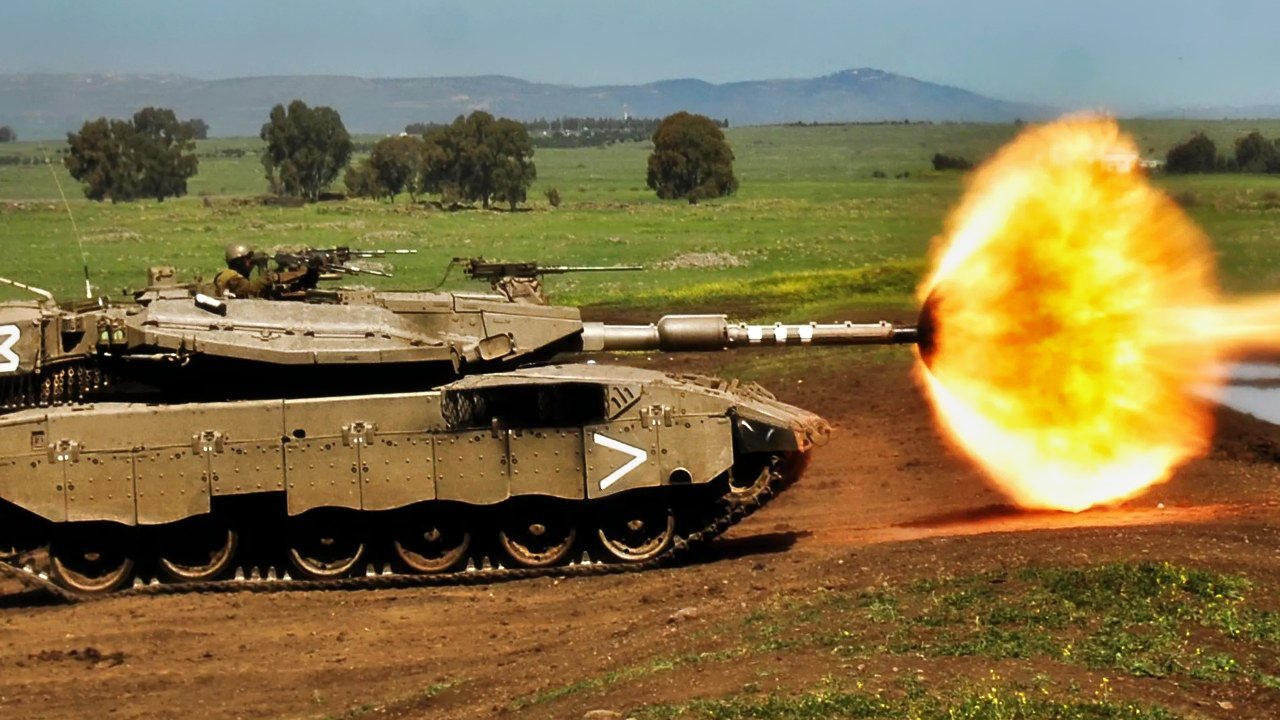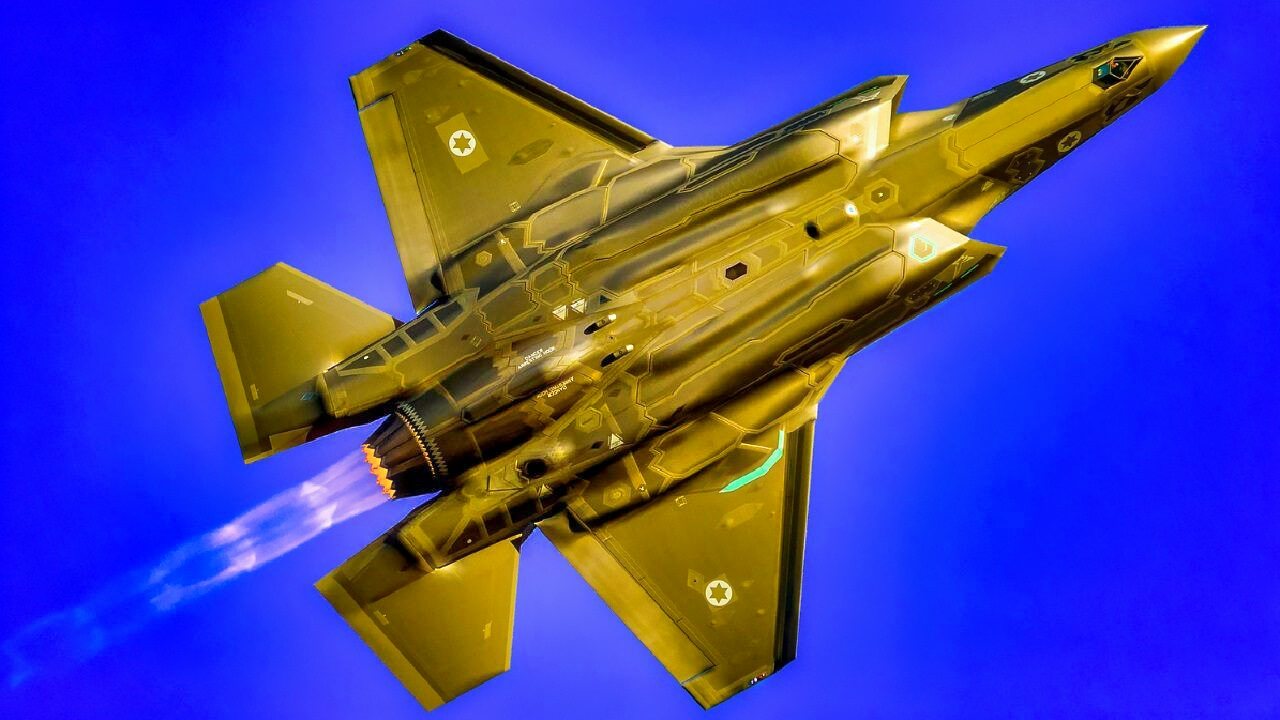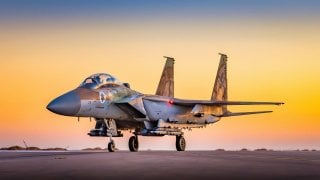Israel vs. Iran: Comparing Military Strengths After Recent Missile Attack
Comparatively, Israel's military, significantly funded by the U.S., surpasses Iran's in technology and capabilities, boasting advanced aircraft and modern ground systems. Iran maintains a substantial arsenal of long-range missiles and drones but lacks the technological edge. While Israel is better equipped and supported internationally, Iran's capabilities could still pose challenges in a potential conflict scenario.
Summary: Iran launched an unprecedented direct attack on Israel, firing around 300 ballistic missiles, cruise missiles, and suicide drones, of which over 99% were intercepted by Israel with international support. Despite the attack, damage was minimal, and Israel has promised retaliation. Comparatively, Israel's military, significantly funded by the U.S., surpasses Iran's in technology and capabilities, boasting advanced aircraft and modern ground systems. Iran maintains a substantial arsenal of long-range missiles and drones but lacks the technological edge. While Israel is better equipped and supported internationally, Iran's capabilities could still pose challenges in a potential conflict scenario.

Iran Strikes Israel with 300 Missiles: An Overview of Military Capacities
Iran last weekend went ahead with an unprecedented move – it directly attacked Israel with two salvos of ballistic missiles, cruise missiles, and suicide drones. Tehran fired approximately 300 munitions against Israel.
The Israel Defense Forces, with the help of the United States, United Kingdom, France, and Saudi Arabia, among other countries, intercepted more than 99% of the incoming munitions. The few munitions that did make it through the air defense umbrella didn’t cause any significant damage.
Israel has vowed to respond. The U.S. is trying to prevent an escalation in the Middle East at a time when the war in Ukraine still demands the utmost attention.
But how do the two militaries measure up against each other? What capabilities and weapons systems could Israel and Iran bring to the table if a fight moves forward?
Israel vs. Iran
Israel spends more than double on its defense than Iran. In 2023, Israel spent approximately $19.2 billion on its military – a considerable chunk of this sum came from the United States as foreign military aid. On the other side, Tehran spent nearly $7.4 billion in 2023.
When it comes to force numbers, the Israel Defense Forces fields around 170,000 troops, which is far less than the 610,000 troops the Iranian military has. In the event of a full-blown conflict, of course, both militaries would swell with an influx of reservists and volunteers.
In terms of air power, the Israeli Air Force boasts about 340 aircraft, including advanced F-35I Lightning II stealth fighters, as well as F-16 Fighting Falcon and F-15 Strike Eagle fighter jets. The Islamic Republic of Iran Air Force has approximately 290 aircraft, but most of them are antiquated F-4 Phantom, F-5 Tiger, and F-14 Tomcat fighter jets with technology from the 1970s and 1980s.
For ground systems, Israel has about 400 main battle tanks, including Merkava IVs. It also fields 800 infantry fighting vehicles and armored personnel carriers, and 170 artillery pieces. Conversely, Iran has approximately 1,600 main battle tanks, 1,250 infantry fighting vehicles and armored personnel carriers, and 2,000 artillery pieces. As with its air power, Israel has much better and more modern equipment.

Iran, however, does possess a sizable long-range munition arsenal with approximately 2,000 ballistic and cruise missiles. Tehran can also fire thousands of suicide drones.
Israel clearly has the better military. The IDF is more technologically advanced than its adversary and outperforms Iran in every category when it comes to quality. Moreover, Jerusalem can always rely on outside help, and especially on the United States, if the going gets tough. Finally, Israeli policymakers have the option of nuclear weapons if the situation gets out of hand. (The Israeli nuclear arsenal could also be used to blackmail the U.S. into supporting a conventional war with Iran.) Tehran does possess a significant military capability that could cause some heartache to the Israelis. But overall, a ground war between the two countries is impossible, and Iranian long-range strike capabilities aren’t sufficient to defeat Israel.
About the Author
Stavros Atlamazoglou is a seasoned defense and national security journalist specializing in special operations. A Hellenic Army veteran (national service with the 575th Marine Battalion and Army HQ), he holds a BA from the Johns Hopkins University, an MA from the Johns Hopkins’ School of Advanced International Studies (SAIS). He is pursuing a J.D. at Boston College Law School. His work has been featured in Business Insider, Sandboxx, and SOFREP.
All images are Creative Commons.


